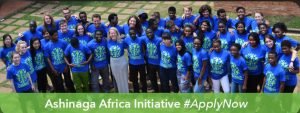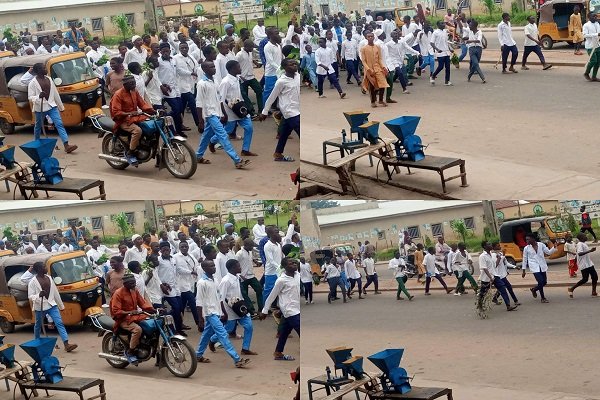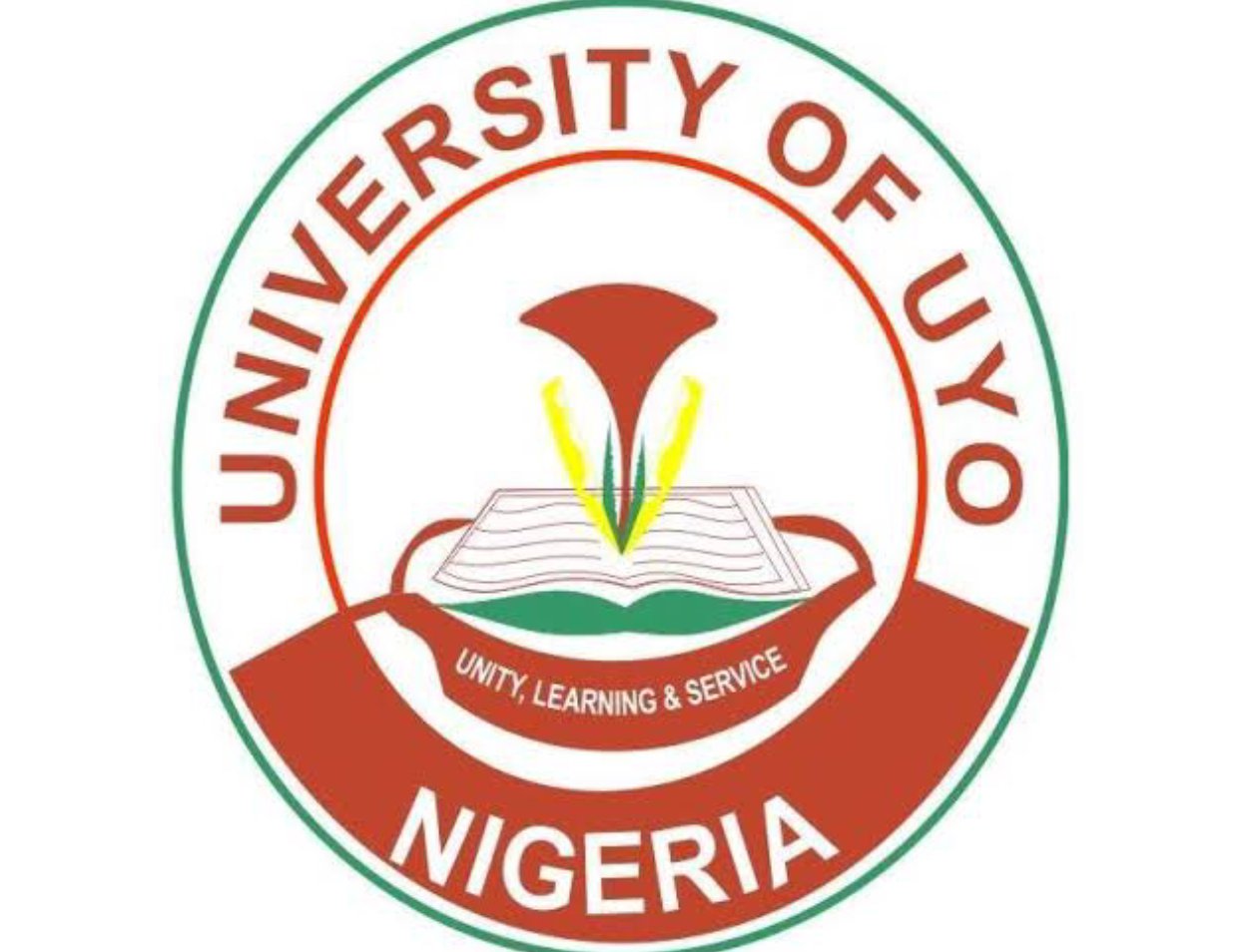Ashinaga Africa İnitiative to Support Orphaned Students
Are you interested in knowing more about Ashinaga Africa Initiative? If so, then you are on the right page. Feel relaxed and make sure you read the article to the end.

The Ashinaga Africa Initiative began in 2014. Its mission is to contribute to sub-Saharan Africa’s expanding role in global development through increasing access to higher education abroad. We support orphaned students who are committed to returning home and initiating change, by providing access to full financial support to study at a university abroad (equivalent to an undergraduate degree). Ashinaga support covers tuition, accommodation, travel costs, and other necessary fees.
Applications are now open for the Ashinaga Africa Initiative (AAI), an international leadership program that cultivates the next generation of leaders to contribute to the development of Sub-Saharan Africa.
AAI Scholars have lost one or both parents and are committed to returning to Sub-Saharan Africa to initiate change, innovation, and development. The AAI provides access to full financial support to study at university abroad (equivalent to an undergraduate degree), including tuition, room, travel costs and other necessary fees.
Stages
The programme has three stages.
- Study Camp and Preparation Camp
- Ashinaga will select students from each Sub-Saharan African country to participate in a Study Camp in Uganda or Senegal from July to December 2023. Anglophone students will normally attend the Camp in Uganda, with Francophone students attending the Camp in Senegal. During the Study Camp, students are assisted in their academic preparation, university applications (to either Japan, the U.K., the U.S.A., or Europe), career planning and leadership development. After completing the Study Camp, the students will progress to a second camp called Preparation Camp. This happens between April and June 2024. Students prepare for the social, cultural, and academic differences they will discover abroad. Students will then proceed to university in August or September of 2024. All of the costs during both camps are fully covered by Ashinaga.
READ ALSO:Chinese Government Scholarship 2023 | Step by Step Process
- During University
- The AAI helps student’s access full financial support to study abroad. The support covers the first possible qualification that can be earned, and the costs of a foundation or preparatory course will also be covered if required. Ashinaga has regional offices to support students during studies in Japan, the U.K., the U.S.A., France and Brazil. Scholars will participate in a mandatory internship in their home country or Sub-Saharan Africa and join Ashinaga’s leadership development programmes. The AAI does not accept applications from students who wish to study for a second degree or master’s degree.
- After Graduation
- Scholars have the responsibility to return to their home countries or Sub-Saharan Africa within four years after graduating and contribute to the country/region while living there for at least one year. They will have to contact Ashinaga during this period to provide information about their activity and residency.
Requirements (2023)
| Requirements (2022) | Applicants must:
|
|---|---|
| Required Documents (2022) |
This is a list of the documents you will need to submit as part of your application:
Applicant Registration **For students receiving their examination results in February 2022, we will ask you to send your examination certificate as soon as possible after you have received it. Full Application |
| Eligible Countries (2022) |
Applicants must have citizenship and have completed/are completing high school in one of the following countries:
Angola, Benin, Botswana, Burkina Faso, Burundi, Cabo Verde, CAR, Cameroon, Chad, Comoros, Côte d’Ivoire, Djibouti, DRC, Ethiopia, Equatorial Guinea, Eritrea, Gabon, Ghana, Guinea Bissau, Guinea Conakry, Kenya, Kingdom of eSwatini, Lesotho, Liberia, Madagascar, Malawi, Mali, Mauritania, Mauritius, Mozambique, Namibia, Niger, Nigeria, Republic of Congo, Rwanda, São Tomé and Príncipe, Senegal, Sierra Leone, Somalia, South Africa, South Sudan, Seychelles, Sudan, Tanzania, The Gambia, Togo, Uganda, Zambia and Zimbabwe. |
| Selection Process (2022) | Applications for all countries will be assessed after the application deadline, and successful applicants will be invited to a final assessment. During this assessment, Ashinaga conducts individual interviews and sets an examination to better understand students’ academic abilities and career goals in Sub-Saharan Africa. Students must bring all original academic documents and identification documents to the interview. Failure to do so may result in dismissal from the application process. |
How to Apply for the AAI
There are three ways to apply for the Ashinaga Africa Initiative, although we prefer online applications. There is no application fee, and you must never pay anyone to apply or to apply on your behalf. Please note that if you apply by post, all submitted documents will not be returned to you. Therefore, you must send copies of documents ONLY.
Click here to apply. Application deadline is January 20, 2023, but students are encouraged to apply early.







